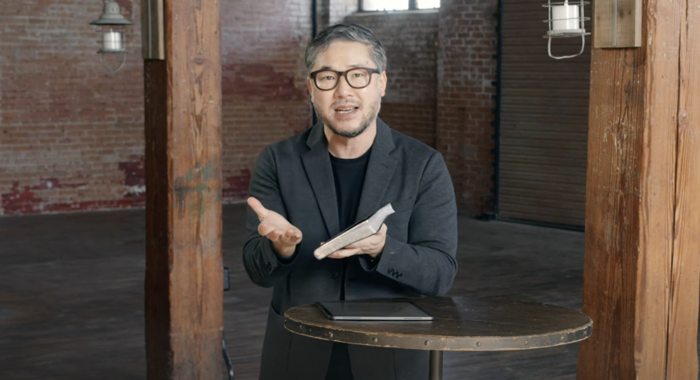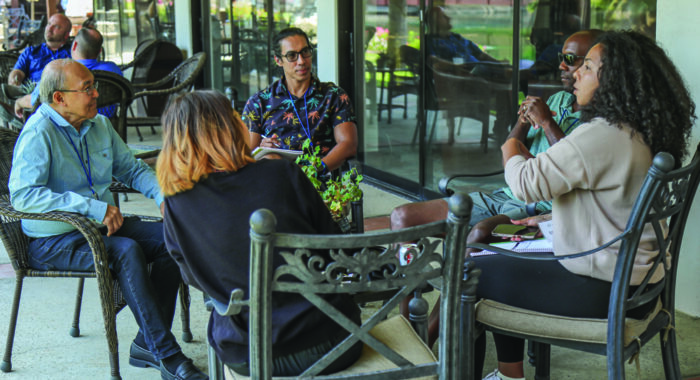“Billy Graham recognized the importance of engaging in the public square, but he never abandoned his singular focus on proclaiming the good news of salvation in Jesus Christ,” said Leith Anderson, President of the National Association of Evangelicals. “Billy Graham is remembered and respected for the eternal gospel of Jesus rather than the temporary politics of America.”
Graham spoke to many social and spiritual issues, and through his life and ministry, 12 U.S. presidents have sought his counsel. But his unique ministry with leading governmental officials did not define his legacy.
“When I think about Billy Graham, politics never comes to mind,” said William Hamel, President of the Evangelical Free Church of America. “Throughout his ministry, he rose above politics and was a friend to presidents of both parties.”
Although the vast majority of evangelical leaders agreed that Graham balanced political advocacy well, some noted it was a learning process for him, particularly early in his ministry. Lon Allison, Teaching Pastor of Wheaton Bible Church and former Executive Director of the Billy Graham Center at Wheaton College, said, “Mr. Graham would probably agree he was somewhat naive regarding political associations in the first decades of his ministry, beginning with the Truman era and ending with the Nixon years. From that point on, he was pastor to presidents but carefully nonpartisan.”
Shirley Mullen, President of Houghton College, said, “Dr. Graham attempted to connect with political leaders from all parts of the political spectrum, so that they would have available to them the resources of the gospel. I admire his willingness to risk criticism to take the gospel into the places of power, as well as all other arenas of society.”
The Evangelical Leaders Survey is a monthly poll of the Board of Directors of the National Association of Evangelicals. They include the CEOs of denominations and representatives of a broad array of evangelical organizations including missions, universities, publishers and churches.



 View All Surveys
View All Surveys 




























